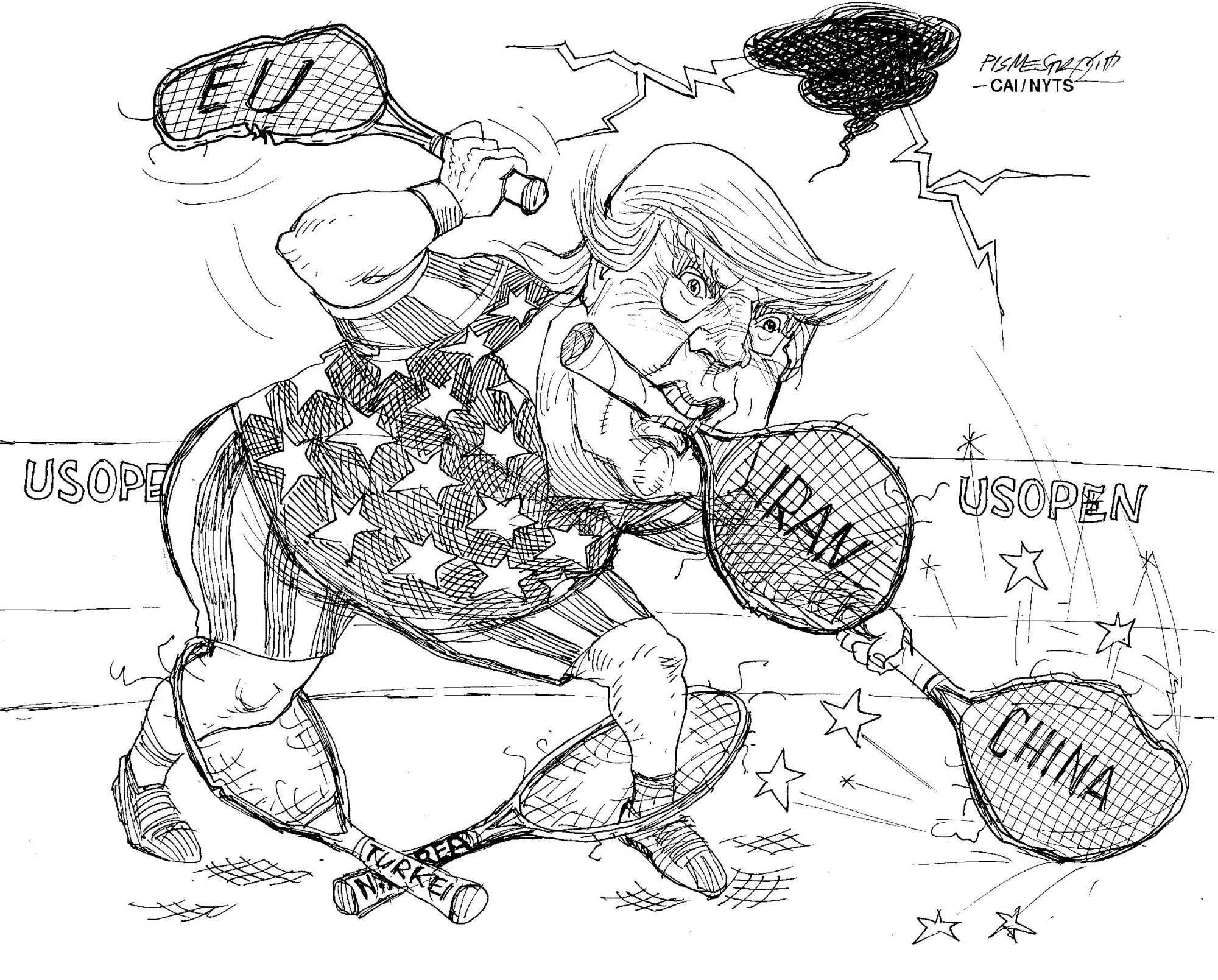When the Soviet Union imploded in 1991, the Chinese Communist Party became obsessed with understanding why. The government think tanks entrusted with this task heaped plenty of blame on Mikhail Gorbachev, the reformist leader who was simply not ruthless enough to hold the Soviet Union together. But Chinese leaders also highlighted other important factors, not all of which China's leaders seem to be heeding today.
To be sure, the CCP has undoubtedly taken to heart the first key lesson: strong economic performance is essential to political legitimacy. And the CCP's single-minded focus on spurring GDP growth over the last few decades has delivered an "economic miracle," with nominal per capita income skyrocketing from $333 in 1991 to $7,329 last year. This is the single most important reason why the CCP has retained power.
But overseeing a faltering economy was hardly the only mistake Soviet leaders made. They were also drawn into a costly and unwinnable arms race with the United States, and fell victim to imperial overreach, throwing money and resources at regimes with little strategic value and long track records of chronic economic mismanagement. As China enters a new "cold war" with the U.S., the CCP seems to be at risk of repeating the same catastrophic blunders.



















With your current subscription plan you can comment on stories. However, before writing your first comment, please create a display name in the Profile section of your subscriber account page.